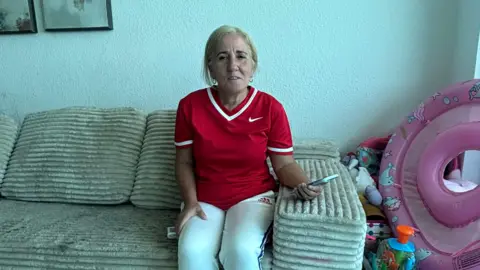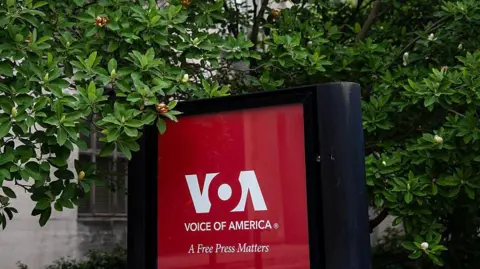TUCSON, Ariz. (AP) — A federal judge in Arizona has temporarily blocked the Trump administration from deporting several Guatemalan and Honduran children currently in U.S. shelters, a decision made public on Thursday.
U.S. District Judge Rosemary Márquez extended a restraining order initially issued over the Labor Day weekend until at least September 26. Judge Márquez expressed concern about whether the administration had made proper arrangements for the custody of these children with their parents or legal guardians back in Guatemala.
Laura Belous, an attorney representing the children through the Florence Immigrant & Refugee Rights Project, reported that the minors have not expressed any desire to return home due to concerns of potential neglect, child trafficking, or other challenges, including medical conditions.
The legal team highlighted that many children fear going back to their home countries as the government allegedly neglected their legal rights. The filed lawsuit represents 57 Guatemalan children and an additional 12 from Honduras, all aged between 3 to 17.
Denise Ann Faulk, an assistant U.S. attorney, argued that the repatriations are being conducted in the best interest of the children, ensuring they are reunited with their families as requested by the Guatemalan government. Following tours of U.S. detention centers by Guatemalan officials, the government indicated that it would only accept children who wished to return voluntarily.
Amid growing tensions around immigration practices, Márquez remarked on the potential risks to children's safety, particularly questioning the adequacy of governmental procedures in expediting such deportations. Legal representatives for the children reported being informed of deportation plans with minimal notice.
The Arizona lawsuit demands that all children have the chance to present their cases to an immigration judge and have access to legal support. This action marks part of ongoing debates regarding immigration policy, particularly concerning vulnerable populations.
Concerns were raised as children, largely from Guatemala and Honduras, began crossing the border alone in increasing numbers since 2014, peaking at 152,060 in the fiscal year 2022. The Arizona lawsuit has been amended to include additional children expressing a desire to remain in the U.S. due to fears about safety back home.




















